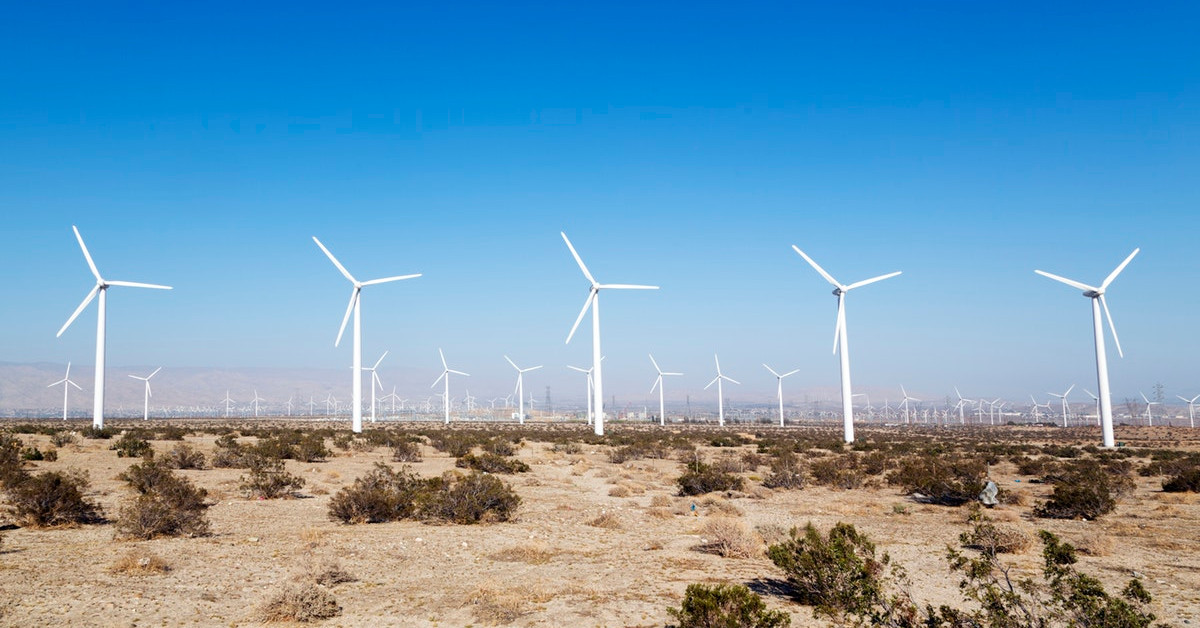Surmounting the Challenges of Preparing Climate Change Reports
In these climate-challenged times, a comprehensive climate change report is more important than ever. Integrating your company’s climate change data into your annual reports bolsters the confidence of your stakeholders in your company’s present and future performance; strengthens the trust of your investors; stimulates innovation for your products, operations, and business practices; and better prepares your business as you are able to incorporate climate change factors into your company’s risk management system and business strategies.

By Michele Carchman
October 15, 2013
 In these climate-challenged times, a comprehensive climate change report is more important than ever. Integrating your company’s climate change data into your annual reports bolsters the confidence of your stakeholders in your company’s present and future performance; strengthens the trust of your investors; stimulates innovation for your products, operations, and business practices; and better prepares your business as you are able to incorporate climate change factors into your company’s risk management system and business strategies.
In these climate-challenged times, a comprehensive climate change report is more important than ever. Integrating your company’s climate change data into your annual reports bolsters the confidence of your stakeholders in your company’s present and future performance; strengthens the trust of your investors; stimulates innovation for your products, operations, and business practices; and better prepares your business as you are able to incorporate climate change factors into your company’s risk management system and business strategies.
As beneficial as it sounds, climate change reporting can also seem like a very daunting task, leaving you wondering where and how to begin. If you have already started disclosing your company’s climate change information and/or already incorporated them into your annual reports, then you may be wondering whether you’ve communicated all of the necessary information clearly and effectively to your stakeholders.
Defining the Scope of Your Report
In disclosing your business’ climate change information, one fundamental challenge is to clearly define the necessary contents of your report.
In preparing climate change reports you must decide which greenhouse gas (GHG) emissions you should include in your disclosures. You have to review whether you have sufficient, accurate, and complete GHG emissions data, and then determine your emissions’ sources—whether they are Scope 1, 2, or 3. After reviewing your GHG inventory, you must also select which of the emissions (and their corresponding risks and impacts) your key stakeholders want to know and understand. Additionally, you need to detail the subsequent risk management and business strategies that you can create based on your emissions data.
Ensuring the Clarity and Effectiveness of Your Climate Change Reports
One way to ensure the transparency of your climate change information is to adopt a reporting standard or framework. Over the past few years, many disclosure standards were developed, such as the World Resources Institute’s (WRI) and World Business Council for Sustainable Development’s (WBCSD) Greenhouse Gas Protocol and the Climate Disclosure Standards Board’s (CDSB) .
Use of climate change reporting frameworks helps you present your report with its contents all uniform, cohesive, and complete. Adopting a reporting framework can steer the message of your climate change report into one clear  direction: conveying the information that stakeholders need in order for them to make sound decisions. Due to the presence of standards, stakeholders will know what to expect when it comes to the quality and quantity of climate change information in a certain report. Therefore, your stakeholders can be assured that your climate change reports contain all of the accurate, top-quality, verifiable information they need because you adhered to certain standards.
direction: conveying the information that stakeholders need in order for them to make sound decisions. Due to the presence of standards, stakeholders will know what to expect when it comes to the quality and quantity of climate change information in a certain report. Therefore, your stakeholders can be assured that your climate change reports contain all of the accurate, top-quality, verifiable information they need because you adhered to certain standards.
At the core of preparing useful and reliable climate change reports are data and information. In your attempts to overcome the challenges of preparing climate change disclosures, let alone comprehensive ones, the best thing that you can do initially is to focus on your data and information. Thereafter, standards or frameworks can guide you on how to best use your data in order for you to effectively communicate your climate change performance to your stakeholders, paving the way for your business value’s growth through climate-resilient business strategies.
FirstCarbon Solutions (FCS) combines its strengths in consultancy, software and data management to help you prepare the most comprehensive climate change reports from start to finish. As an experienced partner for CDP (formerly known as the Carbon Disclosure Project), FCS will provide you with world-class services to help you effectively manage your sustainability data while our consultants help you extract the most useful insights from your climate disclosure and ultimately improve your performance. Click on the link below to request a consultation with our carbon experts today.
Related Articles
Environmental Impacts, Environmental Assessments
By Adrienne Garcia on March 10, 2020
Environmental Impacts | Sustainability | Forests | Organization
By Kevin Bolland on December 23, 2019
Environmental Impacts | Environmental Assessments | CEQA | Environmental Planning | city planning
By Greg Scandrett on January 4, 2017
Environmental Impacts | Renewable Energy
Be a sustainability leader.
Our team supports you no matter where you are on your Sustainability Journey. Talk to us today to learn more.





